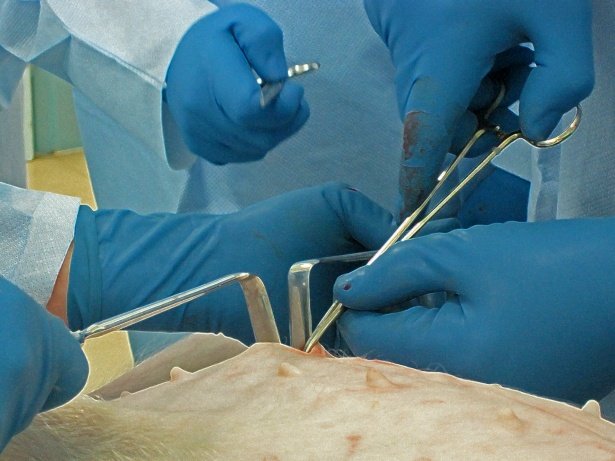The Future of Organ Transplant - Exploring Xenotransplant
While there are a lot of people who are in need of organ transplants, there remain a low amount of organ donors. While the patients are in dared need of these organs and are possibly going to die if they do not get the organs early, they do not have much they can do because the waiting list is very long.
However, on January 7, 2022, a groundbreaking event took place at the University of Maryland in Baltimore - the first-ever clinical xenotransplant. This groundbreaking procedure involved the transplantation of a genetically engineered pig heart into a human recipient. This remarkable feat prompts us to wonder, could xenotransplantation be the future of organ transplantation?
Just like I have said, Xenotransplantation is the transplant from one specie to another such as an animal to a human. This dates back as far as 1667 with a xenotransfusion of blood from lambs to humans. While the transfusion was successful and the patients survived, others failed. Scientists didn't give up but it took years before xenotransplant was looked into again. In 1963, 13 xenotransplants were done on humans, transporting the kidneys of chimpanzees to terminally ill patients and one of the patients that died months after the transplant showed that her body didn't reject the kidneys.
While pigs are a more common animal for xenotransplant, the transplants only survive for a few minutes or hours after the transplantation. In pigs, the cells have certain compounds such as the sugar Galactose alpha 1-3 galactose which is also found in all mammal but are not present in primates. After transplant, the immune cells identify Galactose alpha 1-3 galactose as foreign and would attack them leading to inflammation which destroys whatever has been transplanted into the body leading to hyperacute rejection.

https://www.publicdomainpictures.net
In other to make the transplant from the pig work, genetic engineering was needed to either destroy the Galactose alpha 1-3 galactose genes in the pig or add human genes to them to make them more human. Gene GGTA1 which is similar to Galactose alpha 1-3 galactose genes, which then leads to the destruction of the gene GGTA1 after which it is used to breed pigs causing them to lack the Galactose alpha 1-3 galactose genes. The organs from these pigs were then transplanted to monkeys, where the genes survived for a longer period of time.
With promising results, researchers continued their quest to make the organs even more compatible with humans. Adding the CRP gene to pig DNA was an attempt to make the organs more "human" in nature. Despite encountering some challenges, such as potential organ loss after months and size issues, scientists used CRISPR technology to genetically modify pigs further by destroying the Growth Hormone Receptor (GHR) gene. This move successfully addressed the size problem, and human experiments yielded promising outcomes.
While that transplant was successful, we need to understand that more information and research about this needs to be done. Also, scientists are looking into other alternatives such as using 3D bio-printed organs and organoids to grow organs for humans instead of using organs of other animals, but then, we are having our fingers crossed and would love to see the future of organ transplants.
Reference
https://www.sciencedaily.com/releases/2022/07/220712141355.htm
https://www.frontiersin.org/articles/10.3389/fimmu.2022.900594/full
https://www.ncbi.nlm.nih.gov/pmc/articles/PMC6989439/
https://www.ncbi.nlm.nih.gov/pmc/articles/PMC4684730/
https://www.ncbi.nlm.nih.gov/pmc/articles/PMC6839685/
https://www.sciencedirect.com/topics/medicine-and-dentistry/galactose-alpha-1-3-galactose
https://pubmed.ncbi.nlm.nih.gov/33241624/
https://www.ncbi.nlm.nih.gov/pmc/articles/PMC4689670/
Personally, I would have preferred 3D organoids used to grow organs than Xenotransplant. Although, I cannot imagine the mental effect it would have on the first set of people but at least, they got an organ.